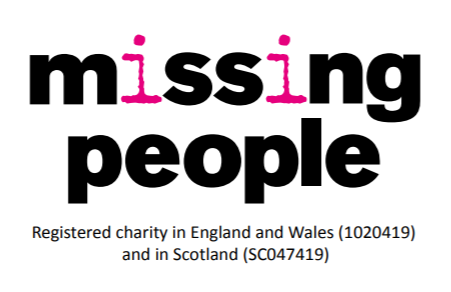This article supports SDGs 7 and 9 by creating a digital twin model of batteries via combining emerging machine learning technologies and battery modeling, achieving more intelligent control and longer battery life, providing key technologies for establishing an intelligent battery management framework in the future.
The new European Commission plans to raise the greenhouse gas (GHG) emissions reduction target from 40% towards 55% by 2030 and make Europe the first climate-neutral continent by 2050. Achieving this will require accelerated energy efficiency measures, deeper electrification of sectors currently consuming conventional fuels and the deployment of more renewables, faster. This opinion article looks specifically at the role of photovoltaics (PV), based on scenarios from the Commission's 2018 long-term strategy (LTS) for energy and climate.
Background: Few population-based studies have examined the association between disability and personal wellbeing (PWB) among working-age adults. Objective/Hypothesis: To determine: (1) the magnitude of differences in wellbeing between working-age adults with and without disability in contemporary samples representative of the UK population; and (2) whether the size of any observed differences between people with and without disability is moderated by age, gender, ethnicity, partnership status, educational attainment or employment status.
The hospitality industry struggles with problems with staff motivation, commitment and retention, whilst also having an entrenched glass ceiling that limits career opportunities for many women. Mentoring is a useful function to support and develop staff, and may be particularly important for helping women overcome gendered barriers to progression. This paper reports on a year-long qualitative study of a women's mentoring programme in the hospitality industry in the UK.
This book chapter advances SDG 3 and 10 by introducing the concept of cultural psychiatry and it's focus on cultural competence training, to address mental health disparities and related injustices, providing the tools professionals need in the field.
This book chapter advances SDG 3 and 10 by highlighting themes related to child and adolescent mental health (CAMH) care in East Asia, Southeast Asia, and Pacific Islands world regions. This chapter provides a narrative review of prevalence studies conducted in the regions targeted in this chapter, emphasize the magnitude of the CAMH workforce challenges, describe the importance of considering and addressing the acculturative and socioeconomic challenges that lead to CAMH disparities, and provide solutions and recommendations for the future.
Contributing to SDGs 8 and 10, this podcast explores the impact of the Black Lives Matter movement and discusses concepts such as: white privilege and white fragility; how to be an effective ally; how organisations translate powerful conversations into meaningful action; and practical steps that organisations can take in the context of both recruitment and capability.
The SDG Impact of COVID-19 podcast series gathers expert opinion exploring the impact of COVID-19 on the Sustainable Development Goals. In this segment, we get the view of Jo Youle, CEO of Missing People.
The SDG Impact of COVID-19 podcast series gathers expert opinion exploring the impact of COVID-19 on the Sustainable Development Goals. In this segment, we get the view of Sandra Kerr, Director of Race Equality at Business in the Community.
This book chapter advances SDG 3 and 10 by providing information on various culturally sensitive methods to assess and treat mental health conditions onset by factors contributing to the immigration process for adolescents, adults, and older adults.


